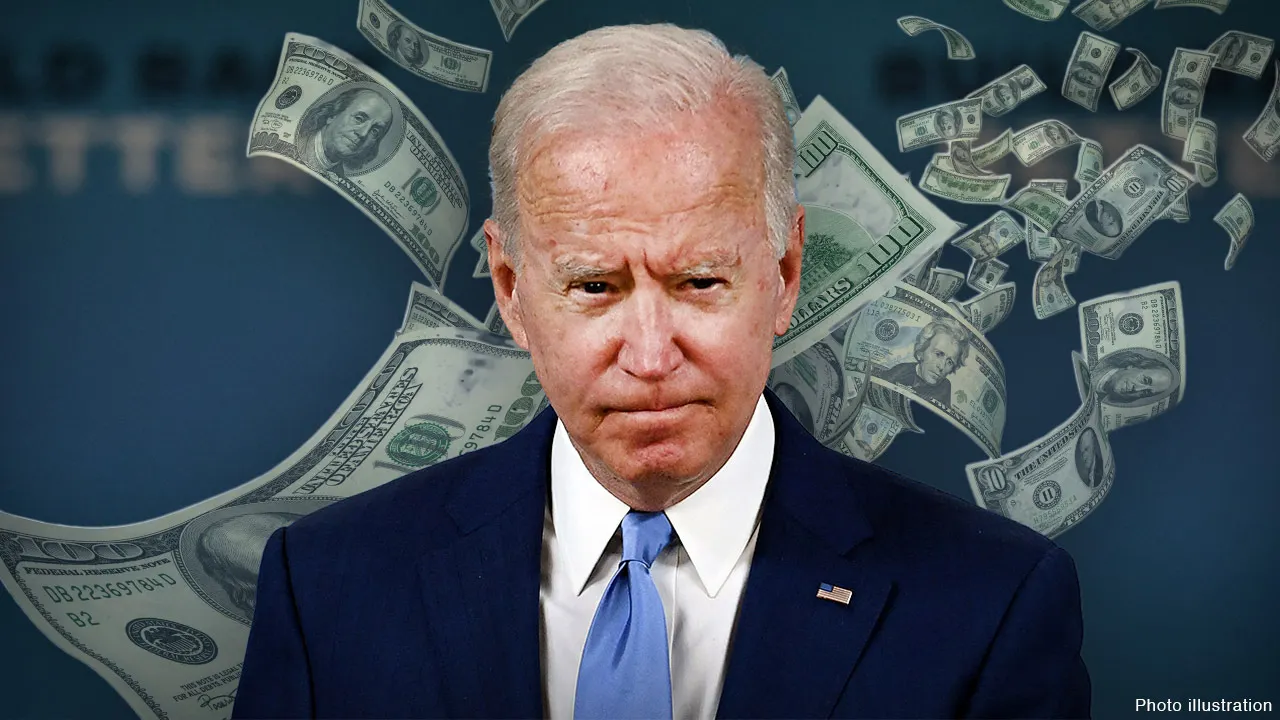

Season three of The White Lotus has been described as "flabby and elongated, with far less satiric bite." In this critical review, experts note that the latest installment struggles with pacing and character depth, diluting the series’ once-sharp social commentary.

Season three of HBO’s The White Lotus has landed with a mixed reception, and not in a good way. Critics have weighed in, describing the new season as "flabby and elongated, with far less satiric bite" compared to its earlier incarnations. The series, once celebrated for its incisive social commentary and razor-sharp satire, now seems to meander through its narrative without the same focused energy. One of the key criticisms centers on the season’s pacing. What once felt like a carefully orchestrated buildup of tension and wit now appears drawn out, with storylines that linger too long without delivering the punchy, incisive humor that defined previous seasons. The narrative, rather than taking bold risks and surprising viewers, settles into a predictable rhythm that many found uninspiring. Another major point of contention is character development. The characters in season three, though still richly drawn, seem to lack the complexity and dynamism that made the original ensemble so compelling. Their interactions, which once crackled with dark humor and biting commentary on privilege and societal flaws, now feel more like a series of drawn-out sketches that fail to hit their mark. The loss of satiric bite is perhaps the most glaring issue. Earlier seasons of The White Lotus masterfully blended comedy with biting social critique, using the backdrop of a luxury resort to expose the hypocrisies of the elite. However, this season's narrative seems to have diluted that critical edge, resulting in moments that feel more like padded filler than the pointed satire audiences craved. The humor, when it does emerge, often feels forced and less impactful, leaving many fans longing for the earlier, more fearless approach. Despite these criticisms, there are still moments where the show’s potential shines through. Certain performances manage to capture the series’ original spirit, and a few scenes hint at the sharp commentary that once defined the show. Yet, these moments are few and far between, overshadowed by an overall sense of missed opportunities. In conclusion, while The White Lotus continues to be a visually captivating series with a talented cast, season three struggles to recapture the dynamism and satirical edge of its predecessors. For fans expecting the same biting social critique and innovative storytelling, this season might feel like a letdown—a case of style over substance where the once razor-sharp commentary has been blunted by a more meandering narrative. As the series looks to refine its approach in future installments, critics hope it will rediscover the fearless, incisive humor that made it a standout in its early days.


















